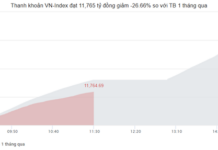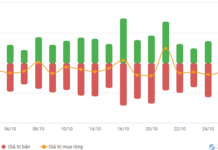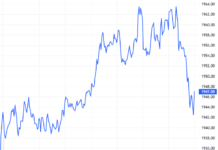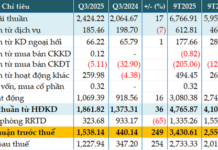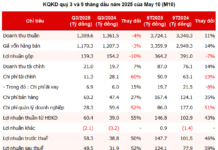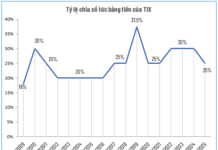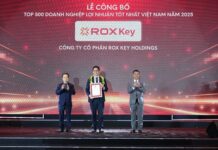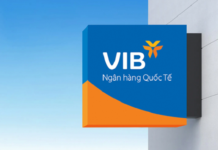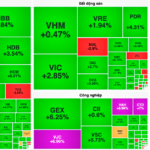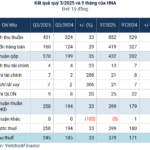Steel imports to Vietnam increased significantly in volume from 2023 to the first months of 2024. The Vietnam Steel Association (VSA) reported that while approximately 13.33 million tons of various finished steel products were imported into Vietnam throughout 2023, Vietnam imported around 1.488 million tons in January 2024 alone. The primary countries supplying steel to Vietnam are China (67.6%), Japan (9.12%), followed by Taiwan (China), South Korea, and others.
Data from the General Department of Customs also indicates that the total import volume of hot rolled coil (HRC) steel is estimated to reach 3 million tons in Q1 2024, which is 1.5 times the domestic production volume, with imports from China and India showing a significant surge, accounting for up to 75%.
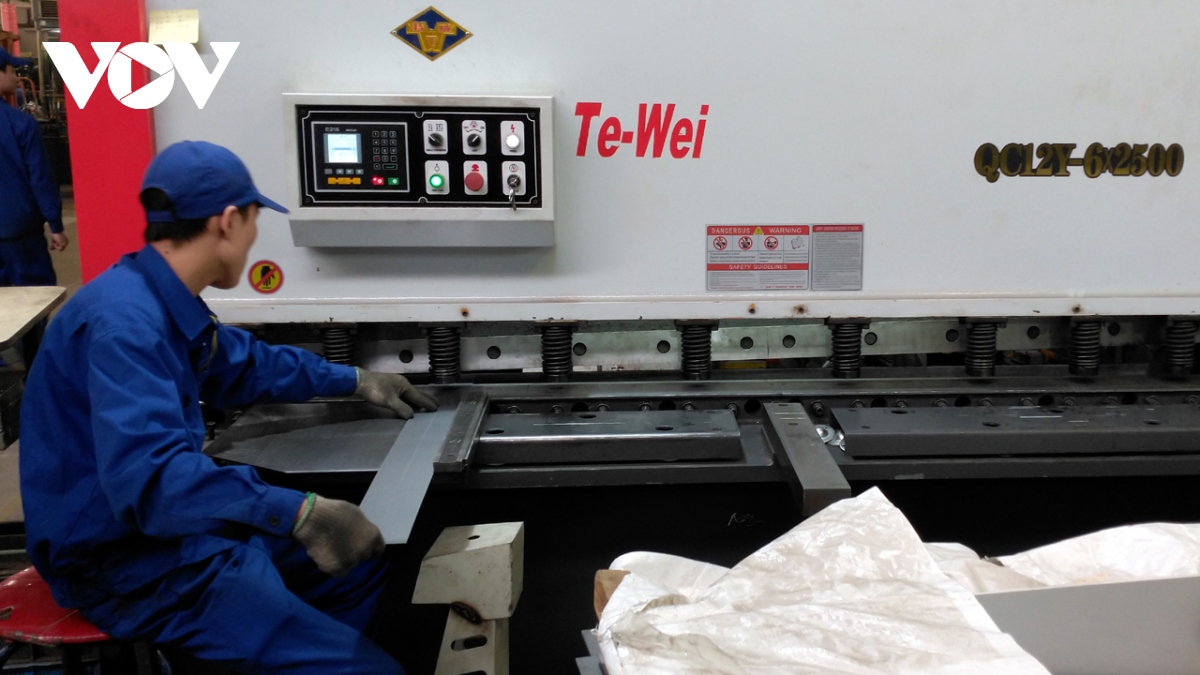
Hot rolled coil (HRC) steel is a raw material used in various domestic manufacturing industries
Domestic Steel Market Share Declining
The production of the two domestic HRC steel producers, Formosa and Hoa Phat, has declined, reaching only 73% of their design capacity compared to 86% in 2021 due to unfair competition from imported products being sold below cost. Import prices have fallen sharply from USD 613 in early 2023 to USD 541 in Q4 2023. The market share of domestic HRC producers has also declined from 45% in 2021 to 30% in 2023. Conversely, the market share of imported steel from China and India increased from 32% to nearly 46% in 2023. In 2024, imports are expected to continue increasing significantly.
The unprecedented import volumes have severely impacted domestic steel production. In light of this situation, HRC steel producers such as Formosa and Hoa Phat recently submitted a request to the Ministry of Industry and Trade (MOIT) to initiate an anti-dumping investigation on HRC steel imported from China and India.
Mr. Tran Dinh Long, Chairman of Hoa Phat Group, stated that it is unacceptable for domestic steel production to reach 6.7 million tons while imports amount to 9.6 million tons, with 6.2 million tons of HRC steel imported from China in 2023 alone.
“Vietnam is currently one of the largest steel-producing countries in ASEAN, with a production capacity of over 20 million tons per year. The Party and the Government always support and encourage the development of upstream industries. Therefore, businesses expect support for domestic production, especially in upstream industries. The proposal to initiate an anti-dumping investigation is perfectly normal under WTO regulations. Through the investigation and overall assessment process, the State management agency will clearly define this matter in accordance with the regulations,” said Mr. Tran Dinh Long.
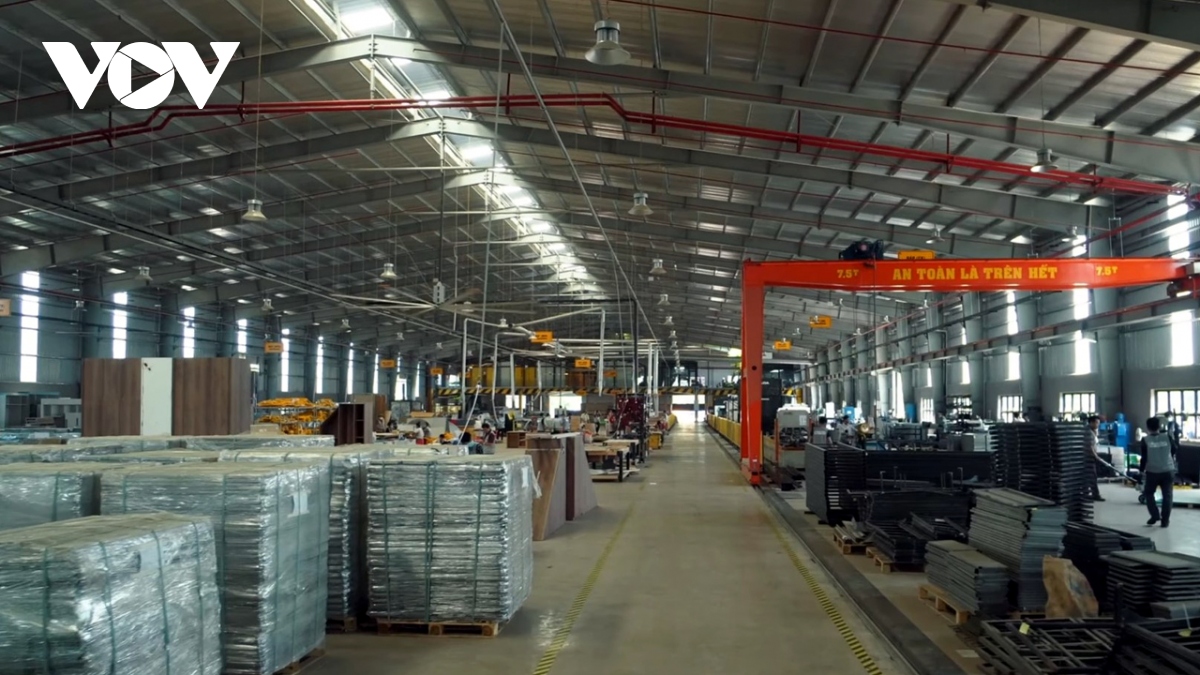
It is essential to utilize and protect the domestic HRC steel production
Commenting on this issue, steel industry expert Nguyen Van Sua believes that protecting upstream domestic production is also about protecting jobs and creating a sustainable source of revenue for the state budget. Initiating an investigation to apply anti-dumping measures is a common practice adopted by countries to safeguard domestic production whenever there are signs of irregularities in product volume and prices.
“It is imperative to utilize and protect the domestic HRC steel production. On the one hand, it protects domestic production, and on the other hand, it helps to avoid the risk of facing anti-circumvention lawsuits during exports. Moreover, using a high proportion of domestically produced HRC steel in the long run will positively impact export activities, enhancing the competitiveness and transparency of the origin of goods,” Mr. Sua explained.
Business Proposals are Legitimate Rights
Currently, steel manufacturers in Vietnam (including HRC steel) have adopted domestic and international product quality standards such as TCVN, JIS, ASTM, and import market standards in their production processes. According to a representative of the Industrial Department (MOIT), there are currently two HRC producers in the country, but their production volume and product structure do not fully meet domestic demand, making imports still necessary.
However, the selling prices of imported products are unusually low compared to production costs due to non-market factors such as subsidies or trade malpractices. This requires investigation and assessment by the competent authority to apply measures that ensure equality, enhance competition, and safeguard the legitimate rights of the country and domestic producers.
“Therefore, the Industrial Department will closely coordinate with the Trade Defense Department to review and make decisions, ensuring the healthy development of the HRC steel market, and creating favorable conditions for domestic producers, including HRC producers and companies using HRC,” affirmed a representative of the Industrial Department.
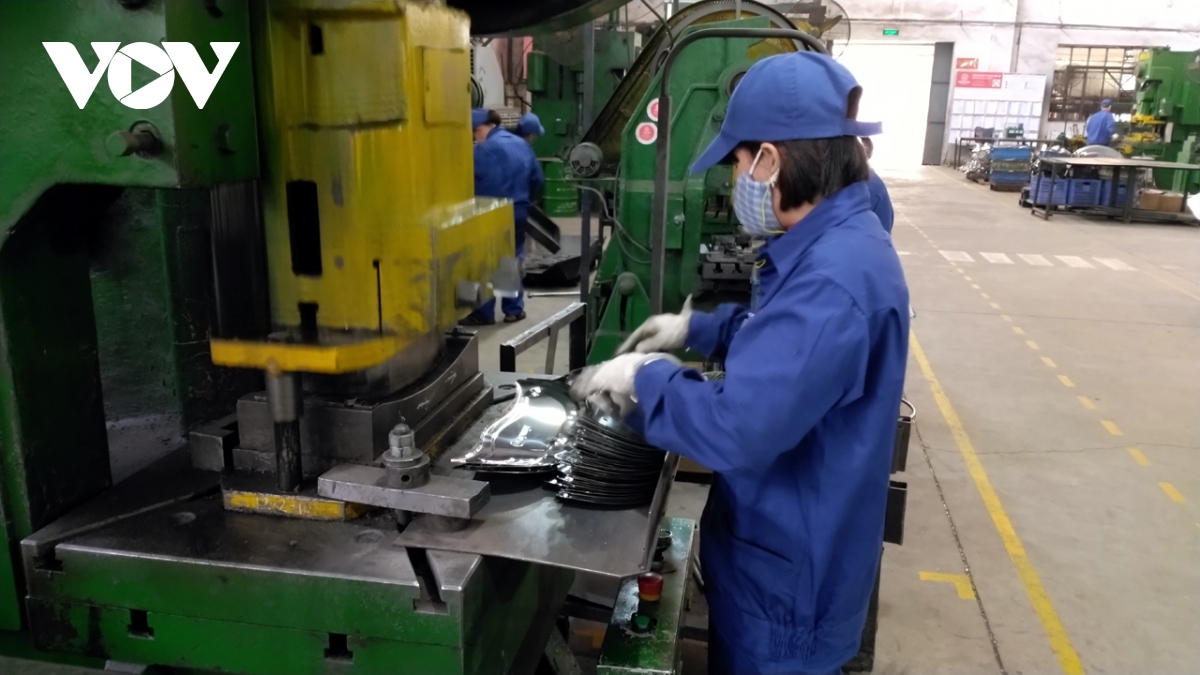
The product structure and volume of HRC steel does not fully meet 100% of domestic demand
Regarding the process of initiating an anti-dumping investigation on imported HRC steel as requested by domestic businesses, Mr. Chu Thang Trung, Deputy Director of the Trade Defense Department (MOIT), stated that based on regulations and procedures, the competent authority will assess the validity of the application (which takes 15 days). If the application is incomplete, the representatives of the domestic production sectors must submit additional documents.
Once the application is complete and valid, the case will be reviewed within 45 days. Accordingly, the MOIT will be advised to initiate or not to initiate an anti-dumping investigation, with the investigation period after initiation lasting from 2 to 6 months (maximum of 8 months).
“During the review process, the investigating authority will notify relevant parties to provide sufficient evidence for comprehensive and fair consideration, and will issue reasonable conclusions, including that no measures will be applied to imported goods even after the initiation of an investigation,” Mr. Chu Thang Trung clarified.

